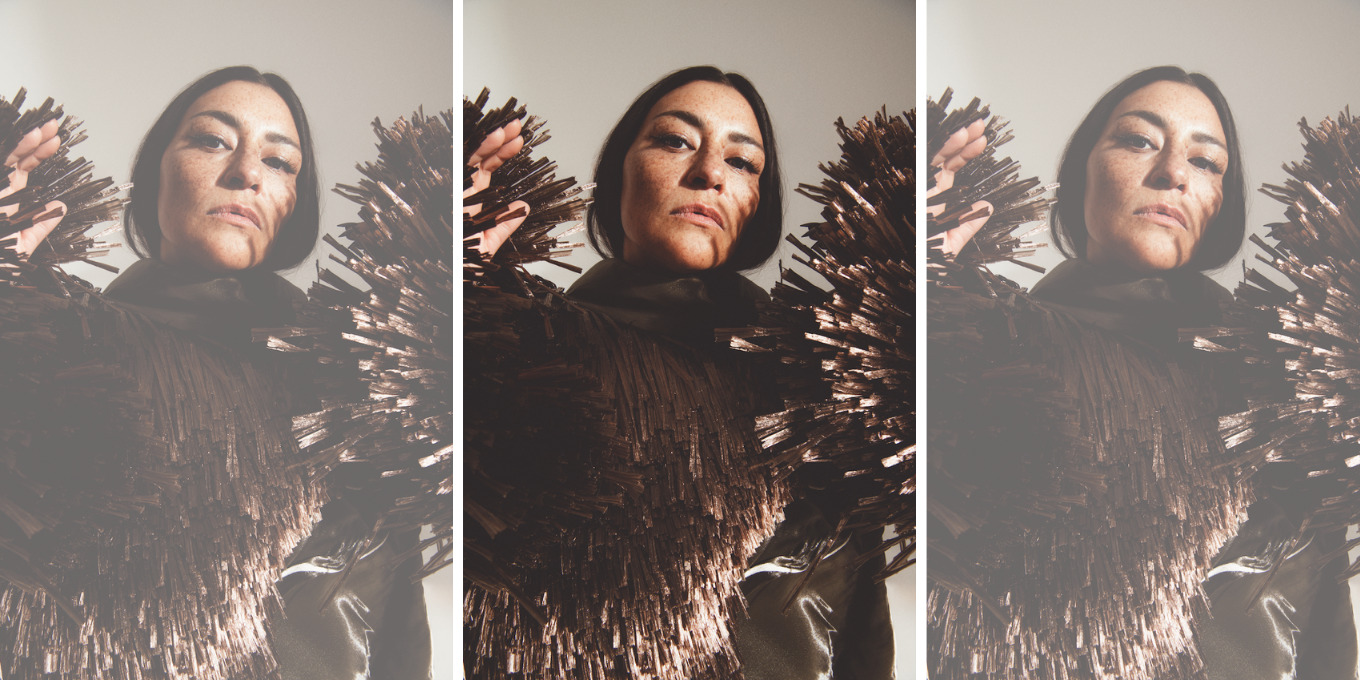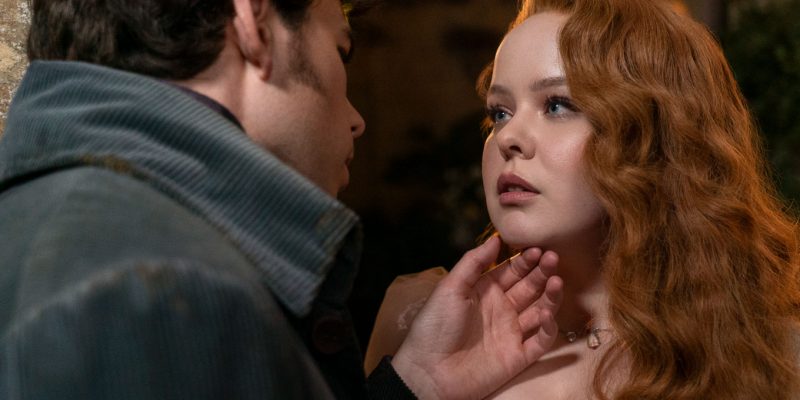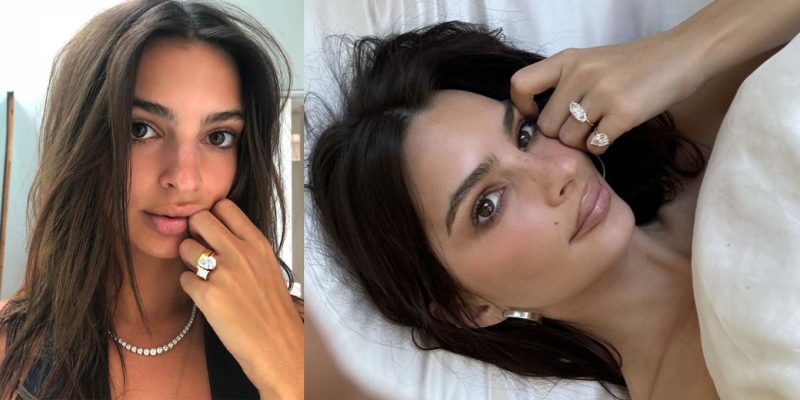Music
Elisapie Creates Songs for a Future Self
The Inuk singer-songwriter’s latest album is a nod to the rock and pop hits of her youth—but all the tracks are sung in Inuktitut so they can be shared with her community today.
by : Laurie Dupont- Sep 5th, 2023

PHOTOGRAPHY, LEEOR WILD
Born in Salluit, Nunavik, in 1977, Elisapie is—and has always been—an artist with deep intention and purpose and a love for her mother tongue, something she celebrates through her unique, ethereal music. With three solo albums—which garnered her Polaris and Juno nods—under her belt, Elisapie is also known for her activism work and was recognized this past spring with an honorary doctoral degree in fine arts from Concordia University. Now she’s back with a fourth LP, Inuktitut, featuring covers of hits—from eras spanning the ’60s to the ’90s—that she sings in Inuktitut, her Indigenous language (out on September 15). We recently spoke with the talented performer about combing through the songs that colour her past—a task she describes as an “archaeological endeavour”—and how they touch on some of her most cherished memories and remind her of lost loved ones.
WHAT WAS THE DRIVING FORCE BEHIND THIS ALBUM?
“During the pandemic, I started listening to old hits when I went jogging, and I often came home with tears in my eyes. Certain songs brought back really pointed memories and started taking on special meaning for me.”
WHICH SONG FELT LIKE THE MOST INTUITIVE CHOICE?
“‘Heart of Glass’ by Blondie. I have childhood memories associated with it—I see legs and butts swaying, bobbing hair and, most of all, colours. Babysitters gathered in the dance hall, and us kids found our way in too, because up north it’s a bit of a free-for-all when it comes to child care—everyone takes care of everyone. I can’t remember anything before or after this moment, but when I replay the scene in my mind, it’s like a slow-motion shot by Xavier Dolan.”
WHAT ABOUT PINK FLOYD’S “WISH YOU WERE HERE”?
“I wasn’t sure about putting it on Inuktitut, actually, but I just couldn’t shake it. I kept coming back to it. I told [my producer], Joe [Grass], that he was going to think I’m cheesy, but I couldn’t help it. ‘Wish You Were Here’ is a thing for me. When I listen to it, I feel like I’m in mourning. It reminds me of my loved ones’ suicides and those depressing times when we would smoke weed and say ‘Another one.’ That was the norm, and it left us feeling numb. While working on this song, I realized that the pain was still there inside me. When I heard the gorgeous brass arrangements that the Westerlies quartet crafted for this piece, I felt like I was truly honouring my departed cousins and I could finally see the light again when thinking about them.”
WAS IT HARD TO GET THE RIGHTS TO COVER THESE CLASSICS?
“For sure! It wasn’t until last December that we got the green light from Pink Floyd’s David Gilmour, but Roger Waters hadn’t responded yet. We were aware that he usually refuses similar requests—especially for linguistic adaptations with lyrical changes. But within four days, the floodgates opened and we got rights from Cindy Lauper, Led Zeppelin and Pink Floyd, just in time for Christmas.”
ARE PEOPLE IN YOUR COMMUNITY LISTENING?
“Apparently, the first two tracks are playing on the radio back home, which makes me so happy! I would love to be there every time someone in my community listens to a song from Inuktitut for the first time. My biological mother listened to the album, and it was striking to watch her respond to ‘The Unforgiven’ in our native language, as if it weren’t a Metallica song. [It was] this 72-year old lady recognizing the melody her children, nieces and nephews listened to in the ’90s and finally understanding the lyrics. That’s the kind of thing that touches me the most. That’s the beauty of music.”
Newsletter
Join our mailing list for the latest and biggest in fashion trends, beauty, culture and celebrity.
Read Next

Fashion
Spring’s Most Empowering Statement is a Carefree Pair of Legs
Get leggy with it.
by : Monica Ainley- May 8th, 2024

Fashion
With the New Professional Women’s Hockey League, Athletes’ Personal Style Takes Centre Ice
Lexie Adzija, Mariah Keopple and Sarah Nurse on what goes into a game-day outfit.
by : Patricia Karounos- May 8th, 2024

Culture
Introducing 2024’s Most Innovative Products, Voted on By Canadians
*Adds to cart*
by : ELLE Canada- May 1st, 2024




